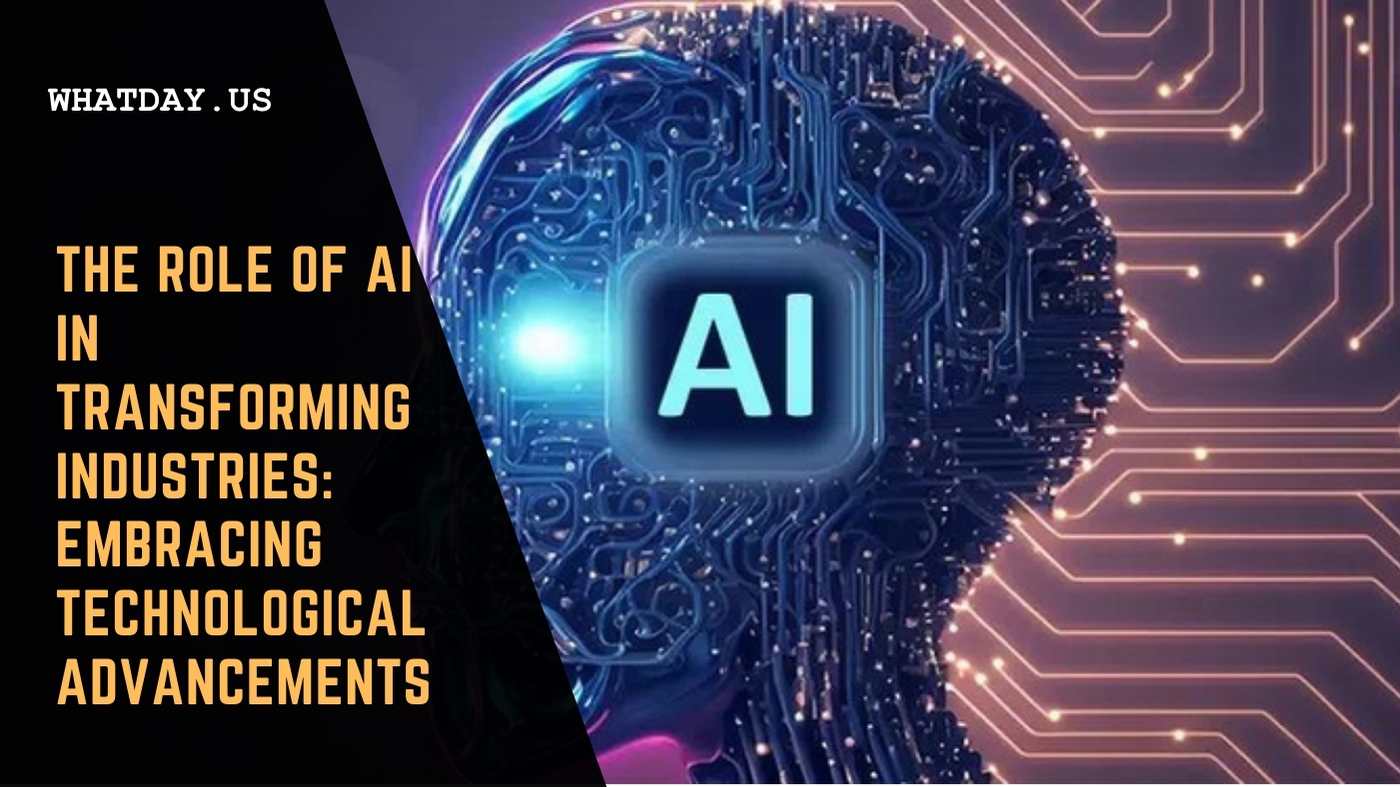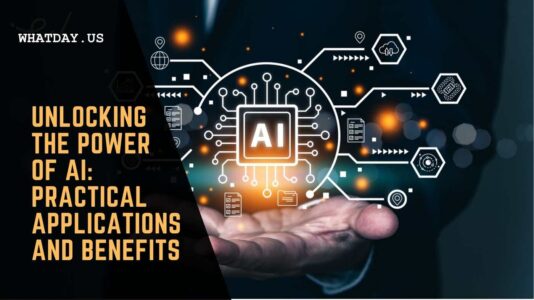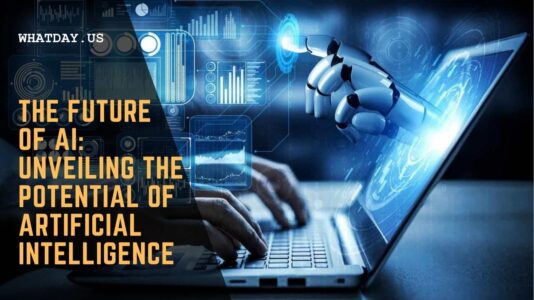The advent of artificial intelligence (AI) has ushered in a new era of technological advancements, transforming industries and revolutionizing the way we live, work, and interact with the world around us. AI’s capabilities extend far beyond mere automation; it empowers machines with the ability to learn, adapt, and make informed decisions, blurring the lines between human intelligence and machine capabilities.
This comprehensive article delves into the profound impact AI is having across various industries, exploring the innovative applications and tangible benefits it brings to businesses and society. We will examine how AI is reshaping industries, driving efficiency, enhancing productivity, and creating new opportunities for growth and innovation.
AI in Healthcare: Advancing Patient Care and Medical Research
AI is revolutionizing healthcare by providing groundbreaking tools and technologies that enhance patient care, streamline clinical processes, and accelerate medical research. From AI-powered diagnostic systems that aid in early disease detection to virtual health assistants that offer personalized medical advice, AI is transforming the healthcare landscape.
AI in Finance: Automating Processes and Enhancing Risk Management
In the financial sector, AI is automating repetitive tasks, improving risk management, and providing valuable insights for informed decision-making. AI-driven algorithms can analyze vast amounts of financial data, identify patterns, and predict market trends, enabling financial institutions to make more accurate investment decisions.
AI in Manufacturing: Optimizing Production and Supply Chain Management
AI is optimizing manufacturing processes, reducing downtime, and enhancing supply chain management. AI-powered robots and machines can perform complex tasks with precision, while AI algorithms can analyze production data to identify inefficiencies and optimize operations.
AI in Retail: Personalizing Customer Experience and Driving Sales
AI is transforming the retail industry by providing personalized shopping experiences, improving customer service, and driving sales. AI-powered recommendation engines analyze customer behavior and preferences to suggest tailored products and services, while AI-powered chatbots offer real-time assistance and resolve customer queries efficiently.
AI in Transportation: Enhancing Safety and Efficiency
AI is making transportation safer and more efficient. Self-driving cars, powered by AI algorithms, have the potential to reduce accidents, improve traffic flow, and revolutionize the way we commute. AI is also being used to optimize public transportation systems, making them more accessible and efficient.
AI in Energy: Enabling Sustainable and Efficient Energy Production
AI is playing a crucial role in the energy sector, helping to create a more sustainable and efficient energy grid. AI algorithms can analyze energy consumption patterns, optimize energy distribution, and predict energy demand, enabling energy providers to make informed decisions and reduce energy waste.
FAQs
1. How can AI benefit businesses?
AI can benefit businesses in numerous ways, including:
- Automation: AI can automate repetitive and time-consuming tasks, freeing up human workers to focus on more strategic and creative endeavors.
- Efficiency: AI can improve efficiency across various processes, such as manufacturing, supply chain management, and customer service, leading to reduced costs and increased productivity.
- Accuracy: AI algorithms can analyze vast amounts of data and make accurate predictions, enabling businesses to make informed decisions and mitigate risks.
- Personalization: AI can provide personalized experiences for customers, enhancing their satisfaction and loyalty.
- Innovation: AI can drive innovation by generating new ideas, exploring new possibilities, and developing new products and services.
2. What are the ethical considerations of using AI?
The use of AI raises several ethical considerations, including:
- Bias: AI algorithms can be biased if they are trained on biased data, leading to unfair or discriminatory outcomes.
- Autonomy: As AI systems become more autonomous, questions arise about who is responsible for the decisions they make and how to ensure their actions align with human values.
- Privacy: AI systems often require access to large amounts of data, raising concerns about data privacy and security.
- Employment: AI’s potential to automate tasks may lead to job displacement, requiring governments and businesses to address the impact on workers and create new job opportunities.
3. How can individuals prepare for the impact of AI on the workplace?
Individuals can prepare for the impact of AI on the workplace by:
- Developing AI skills: Acquiring skills in AI, machine learning, and data analysis can increase employability and open up new career opportunities.
- Embracing lifelong learning: The rapid pace of technological change requires continuous learning and adaptation. Individuals should be open to learning new skills and adapting to new technologies throughout their careers.
- Networking: Building a network of professionals in various fields can provide valuable insights into emerging trends and job opportunities.
- Entrepreneurship: Individuals with innovative ideas can consider starting their businesses, leveraging AI to create new products and services.




